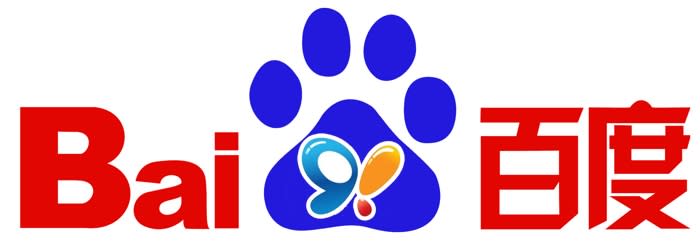5 Reasons Why Baidu Spent Nearly $2 Billion to Acquire 91 Wireless

Last week, Baidu splashed $1.9 million on NetDragon subsidiary 91 Wireless Websoft (sort of, the deal has been agreed in principle but hasn't actually been finalized yet). The news came a bit out of the blue, and if it goes through it will be the most expensive acquisition in the history of China's web industry. But since Baidu is in a mandatory quiet period leading up to its next quarterly earnings release, the company hasn't done much to explain the purchase. So what's going on here? Why is Baidu willing to spend so much on 91 Wireless? In the absence of an official answer, here are some educated guesses: 1. It's a huge app distributor . The biggest and most obvious reason for Baidu's acquisition is that 91 Wireless operates two major app stores, 91 Assistant and HiMarket. Together, they've racked up more than 10 billion app downloads, and iResearch ranked them as collectively the number one third-party app store in a 2011-2012 report. Baidu wants to get more embedded on users' mobiles, and controlling major avenues of app distribution is a good place to start. 2. It has a big open development platform . 91 Wireless has an open platform for devs that's connected to its app stores and offers developers everything from integrated payment systems to "soft text" marketing. In buying 91 Wireless, Baidu isn't just buying a couple of app stores and their users, it's buying a whole mobile app ecosystem that also includes third-party developers who'll now be developing their new products for (and sharing their revenue with) Baidu instead of 91 Wireless's old parent company NetDragon. Analyst Ge Jia says that the number could be as high as 100,000 developers; that may or may not be accurate but the platform will definitely bring a lot of new devs to Baidu's table. 3. It has boatloads of user data . This aspect seems to be being very under-emphasized in most of the reporting I've seen on it, but with such a massive number of downloads and several other popular services (see below), 91 Wireless likely has mountains of data on Chinese users' mobile usage patterns and behaviors on both Android and iOS. Baidu likely has the number-crunching facilities and the R&D budget to take that data and turn it into more carefully-targeted mobile products. How much data 91 Wireless has and how much that information could be worth is anyone's guess at this point, but I suspect that data may be an important factor in this deal and the sky-high valuation. 4. It operates several major portal sites . As ugly as they may be in the eye of Western web aesthetics, link-crowded portal sites are still very popular in China, and 91 Wireless runs some top portal sites. Its Android portal Hiapk, for example, claims to be China's largest Android site and has millions of registered users and clocks more than a million unique visitors each day. 5. It has developed several popular mobile apps . In addition to doing app distribution, 91 Wireless also develops a few of its own, including e-reader app Panda Reader, video playing app Panda Video, and Android home-replacement app 91 Launcher. Several of these apps will likely integrated well with existing Baidu services; for example, Panda Reader could be integrated with Baidu's Wenku literature repository, Panda Video could be wired into Baidu video subsidiaries iQiyi and PPS, and some of 91 Launcher's technology might even work in Baidu's mobile cloud platform. Plus, there's likely value for Baidu in those apps' userbases, their development teams, and whatever data 91 Wireless has on their use. Of course, this is all just speculative for now and will likely remain so at least until after Baidu's quarterly earnings are released, and possibly until after the deal itself has been finalized (it involves some stock buyback so it could take a little while). But we'll keep poking Baidu to see if we can get any sort of official explanation for the big buy. In the meantime, are there any other reasons you can think of why Baidu would want to spend $1.9 billion on 91 Wireless?
The post 5 Reasons Why Baidu Spent Nearly $2 Billion to Acquire 91 Wireless appeared first on Tech in Asia.


